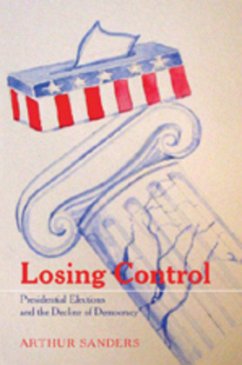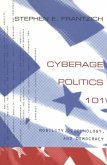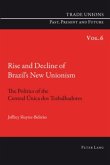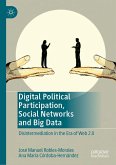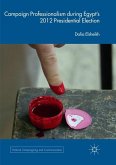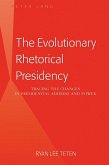For the past forty years, despite the efforts of reformers, American democracy - particularly concerning presidential elections - has been characterized by a movement away from the involvement and influence of ordinary Americans to a system dominated by special interests, media consultants, and money. The numbers of active involved citizenry, the hallmark of a healthy democracy, have been shrinking, and the public feels - with good reason - that it has been losing control. This book examines the changes in technology, society, and law that have encouraged these trends, and provides an analysis of the nomination process, the role of money, the impact of the Electoral College, the influence of political parties and other outside groups, and the changing dynamics of public attitudes concerning our election process. Exploring the downward spiral of our electoral democracy, Losing Control outlines how channeling new technologies through revitalized political parties can bring a vibrant electoral democracy back to the United States.
Covering of a wide range of topics that are central to our elections and citing examples from recent elections, this book is ideal for classes on American elections, American political parties, or as supplemental reading in an introductory American politics class.
Covering of a wide range of topics that are central to our elections and citing examples from recent elections, this book is ideal for classes on American elections, American political parties, or as supplemental reading in an introductory American politics class.

